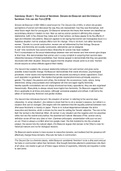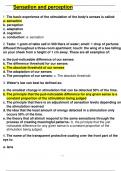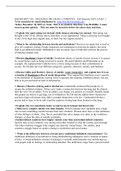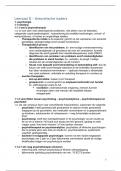Samenvatting
Summary_ Book 1. The arena of feminism_ Simone de Beauvoir and the history of feminism _ Iris van der Tuin in Doing Gender in Media, Art and Culture.
- Instelling
- Universiteit Utrecht (UU)
Summary_ Book 1. The arena of feminism_ Simone de Beauvoir and the history of feminism _ Iris van der Tuin, In Doing Gender in Media, Art and Culture. for Introduction to Gender Studies at UU. (2018/2019)
[Meer zien]









